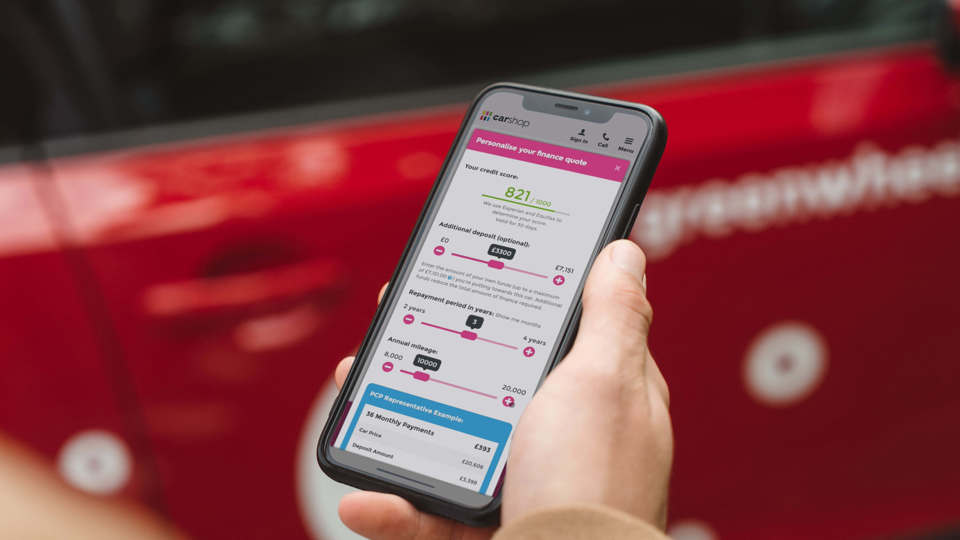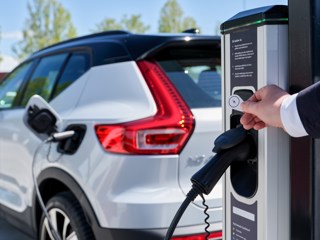Offering car buyers the ability to buy a car in minutes online is expected to be one of six key trends dealers must embrace in 2022, according to Automotive Transformation Group.
With automotive ecommerce sales kicking off strongly at the start of 2022, in the same vein as the last 18 months, several of the Group’s experts have forecast what they believe to be the next big things to look out for in automotive ecommerce in the coming months.
Paul Stokes, Automotive Transformation Group’s director of digital retailing, said: “2021 was a fundamental year in cementing online car retailing as here to stay. For too long, our industry has lagged other consumer industries in offering a truly convenient and transparent retail experience with trust at its heart.
“Now, especially in light of the pandemic effect, many retailers have realised that to succeed with car buyers, whether they are three miles away or 300, as well as stay ahead of their competition, having a fully optimised, immersive and responsive ecommerce platform is a must-have. Nevertheless, there are still many areas of omnichannel automotive ecommerce with as yet untapped potential.”
Among its top items to watch in 2022 are: offering fully end-to-end purchasing journey, harnessing the power of a truly omnichannel car buying journey, allowing customers to pay with differing payment methods, transitioning sales personnel to becoming virtual hosts, automated AI videos and enhanced live chat interaction to support buyers at critical journey touchpoints.
Last month, Peugeot UK revealed that online sales accounted for 15% of its retail car registrations in 2021 – doubling its digital traction year-on-year.
Automotive Transformation Group believes today’s car buyers are looking to not just reserve a car online, or organise its home delivery, many are also keen to complete as much, or all, of the purchasing process with or without human interaction virtual support, without even leaving their home. It says offering the right tech for a “seamless omnichannel purchasing journey” which is hassle-free sale is the “holy grail” to maximise profitability and optimise customer loyalty.
The company states that having a website showing your stock and latest car offers is no longer enough, as many car buyers blend virtual research and mobile stock or offer updates with physical test drives and in-showroom advice.
Being able to use a customer’s data, preferences and even configured car choices across multiple channels, to save time on both sides and help the buyer along the purchasing journey with the minimum of hassle, can pay dividends when it comes to securing a sale, according to Automotive Transformation Group.
The business also advises dealers to embrace new payment methods, such as Apple pay; utilise digital hosts or product experts, instead of sales people; and integrate live chat functionality into their websites.
A video becomes a more essential part of online car retailing, Automotive Transformation Group has been working with technology partner Phyron to offer automated AI videos. The technology works by taking back office car information feeds and creating short videos in seconds, with chosen backgrounds and music, highlighting key features and offers.
YouGov believes that the automotive industry will need to invest most heavily in television and online channels to convert UK motorists into electric car buyers.
It found that the marketing channels most likely to grab the attention of drivers who are open-minded to having electric power in their future vehicle were online adverts (social networks, websites, on-demand TV services) at 59% and TV advertising at 50%.



















Login to comment
Comments
No comments have been made yet.